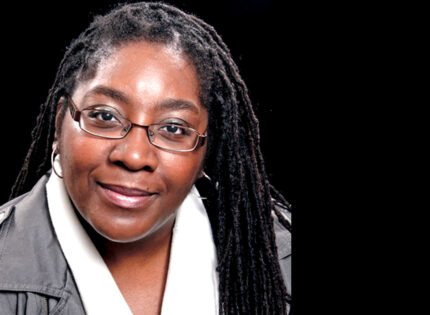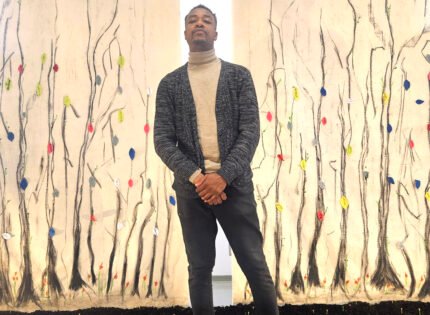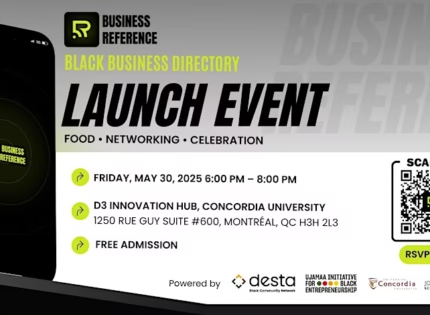Racism and the access to opportunities
For decades, the Black community has been on the frontlines in an all-out war against the systemic racism practiced by various institutions in Montreal that has kept us marginalized and in some instances having our basic rights abused.
That struggle, reaching back hundreds of years and including the inhumane exploitation of our ancestors who were slaves, followed by extended periods of alienation and exclusion helped shape today’s society in which Blacks and other visible minorities remain grasping for access to opportunities in all sectors.
For much of the 1960s, 70s, 80s and 90s efforts to make Montreal a better place for all minorities, including better access to employment opportunities, housing, education, family life and constraints on police abuse were all championed by the Black community.
Unrecognized heroes such as Rev. Dr. Charles Este of Union United Church, A.R. Blanchette of the Brotherhood of Sleeping Car Porters, the brave students manning the barricades on the 9th floor of the Hall Building at Sir George Williams University and those who marched against the unjust murder of Anthony Griffin, Marcellus Francois, Trevor Kelly and others have long been forgotten.
Today’s conversation has a different complexion: the Black and Caribbean community that was once the largest of the so-called cultural groupings here and at the vanguard of the struggle has been joined by various other minority groups to now make up close to 35% of Montreal’s population.
They are all knocking on the door of the city’s administration asking questions about diversity and wanting a place at the table where decisions are being made about who gets what, when and where.
The issues have also confronted other mayors from Jean Dore to Pierre Bourque to Gerald Tremblay and Denis Corderre over the decades; some have paid lip service to them, others just simply turned a deaf ear and ignored it all.
That’s why, here we are in 2018, and not much has changed. A look at the political make-up at City Hall and it is disheartening:
* about seven visible minorities out of the more than 100 city and borough councilors, two Blacks
* under-representation at the police and fire departments are just concerning: less than 10 per cent of the more than 4500 police officers are categorized as visible minorities, and you’ll find less than five per cent of the city’s approximately 2500 firemen who can be categorized as visible minorities
* Not much better in the City of Montreal’s overall workforce in which only about 15 per cent are visible minorities.
It’s easy to discern that systemic racism is at the root of these glaring and widespread disparities that permeate all levels of the municipal government, but it’s difficult to get politicians to come to terms with it. Understandable, because most white people still cringe whenever talk turns to racism.
We found out how deeply ingrained the issue is in our society last November when the newly-elected mayor, Valerie Plante, with what appears to have been an admirable progressive social agenda, failed to include one visible minority among her executive committee to oversee the business of the city. And followed an election campaign in which her party, Project Montreal, came up woefully short on running non-white candidates.
To her credit, the mayor appears to be taking heed as the clamor for diversity grows louder and has chosen to respond by doing what politicians do: put a committee in place to propose solutions.
The 15-person committee, with Myrlande Pierre, a sociologist, as the chairperson, is drawn from various identifiably marginalized groups and is charged with the responsibilities of advising the mayor on some wide-ranging issues including:
• making the City of Montreal workforce more diverse
• recommendations to address the problem of racial profiling
• diversity among business leaders and
• increase diversity in politics and culture.
The panel, which is expected to deliver its recommendations in a year, also includes some well-known members of the community, Myrna Lashley of Vanier College and McGill University, an expert trans-cultural psychiatry and community advocates, Will Prosper, Paul Evra and Kerlande Mibel.
If history were to be our guide, we can’t be faulted for seeing this panel as nothing more than an exercise in BS, given the fact that the nature of the problem is so well-known and so much have been said and written about opening up the resources of the city to benefit all Montrealers. But that calls for political will and some chutzpah.
Hopefully, Mayor Valerie Plante is the right man for the job.
Egbert Gaye












